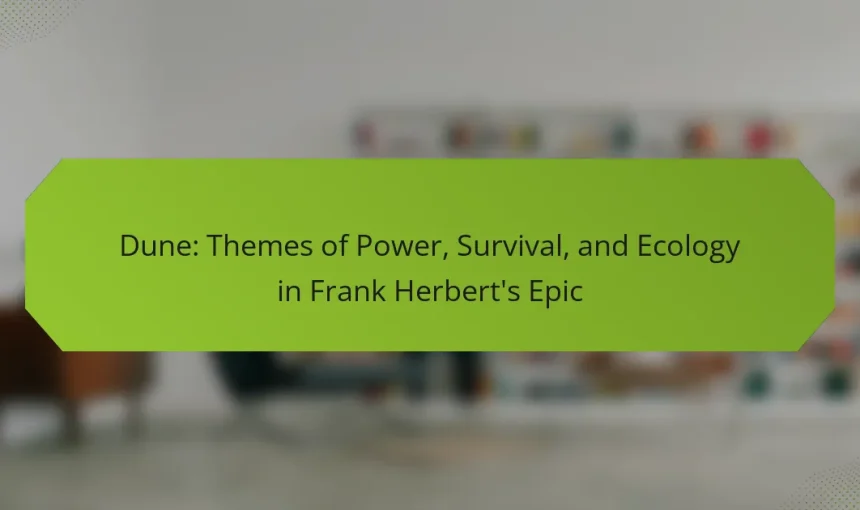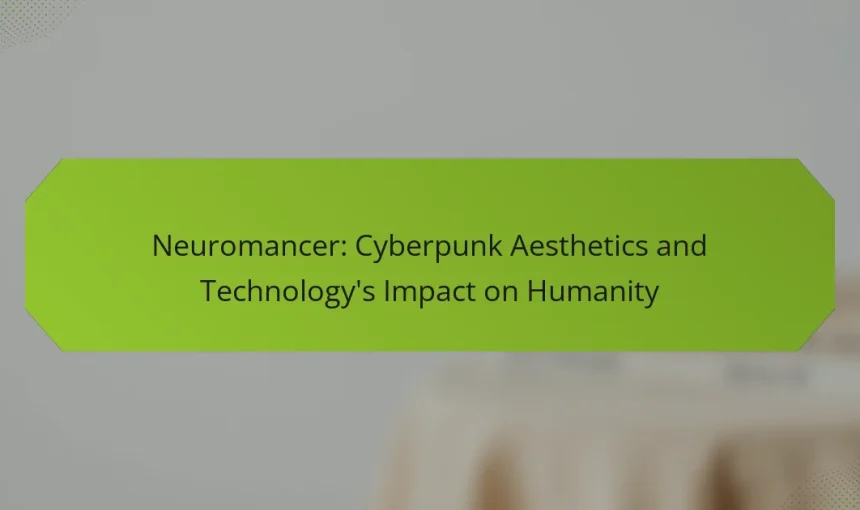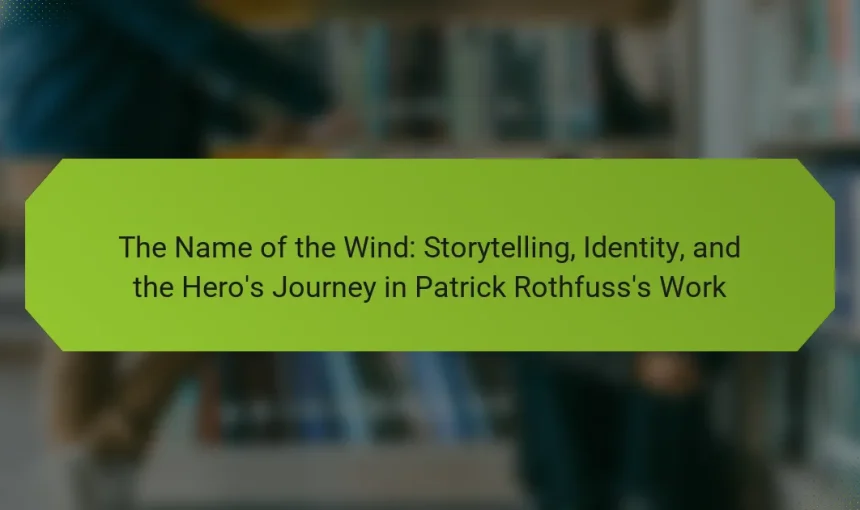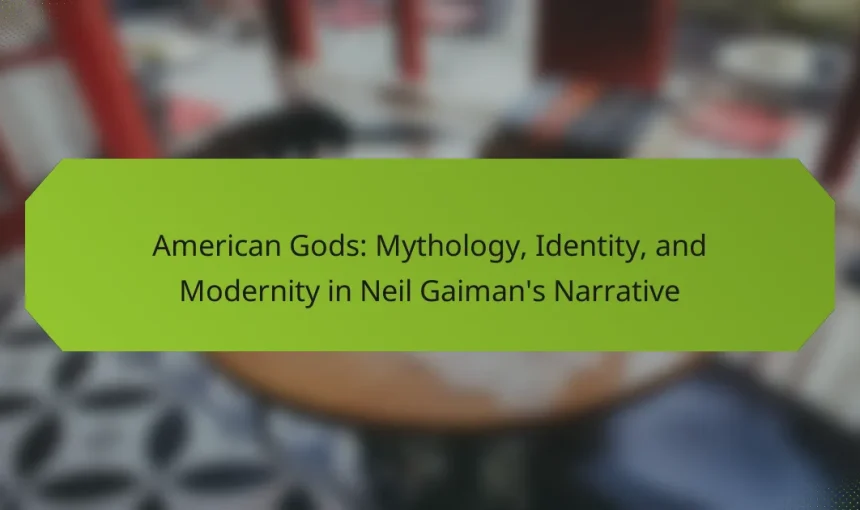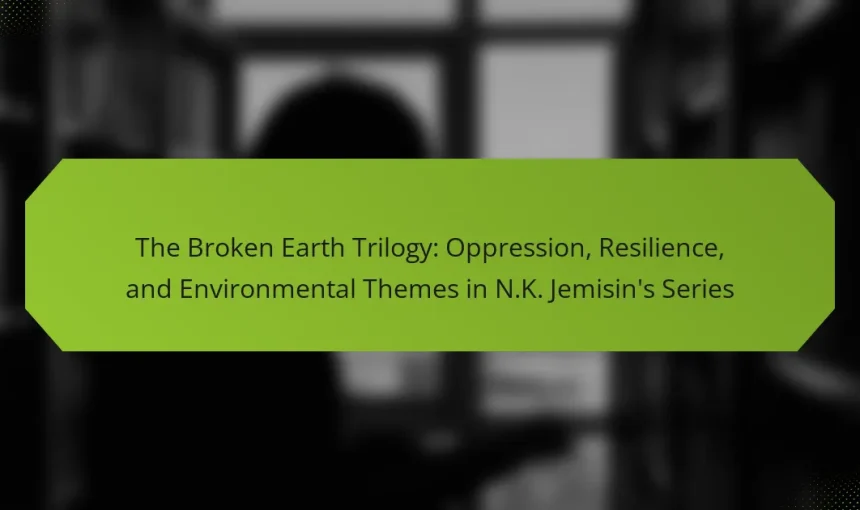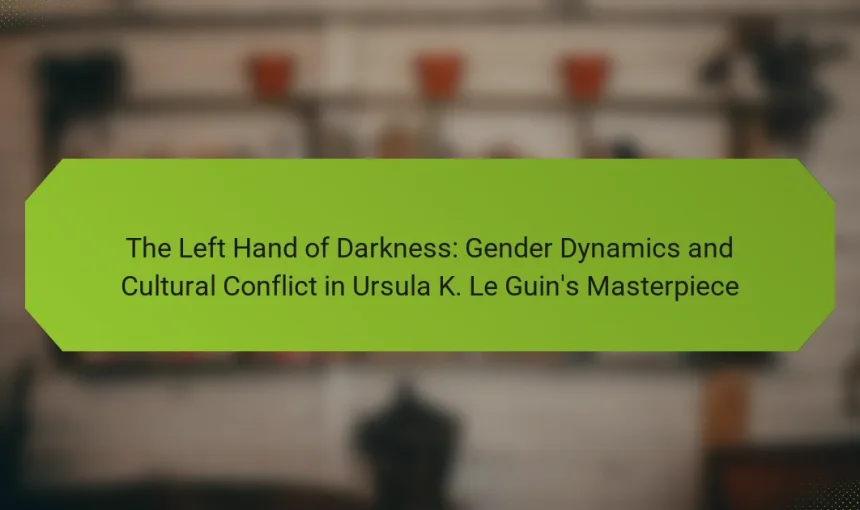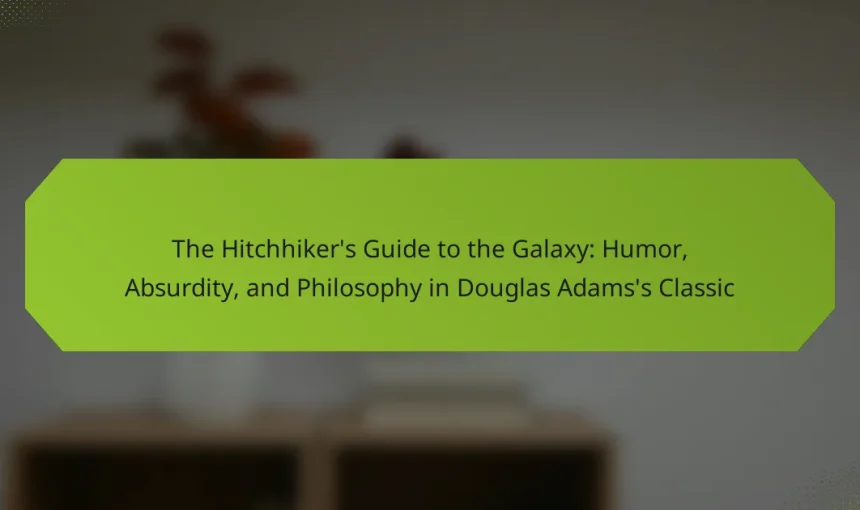Frank Herbert’s Dune delves into critical themes of power, survival, and ecology. The novel examines the dynamics of control and manipulation in political landscapes. It highlights the harsh realities of survival in the desert environment of Arrakis. Additionally, Dune addresses ecological concerns, emphasizing the balance between resource management and sustainability. What are the central themes […]
The interplay between technology and humanity raises critical questions about identity and autonomy in a digital age. Neuromancer explores cyberpunk aesthetics, highlighting themes of corporate dominance, artificial intelligence, and the fusion of human and machine. The novel’s vivid imagery and dystopian world emphasize the allure and peril of technological advancement. Through its complex narrative, it […]
Storytelling is a powerful force that shapes identity and influences personal journeys. In “The Name of the Wind,” Patrick Rothfuss explores how narratives define characters like Kvothe, blending reality with myth. The article examines the key elements of the hero’s journey, the significance of music in identity formation, and the universal themes that resonate with […]
In a rapidly changing world, how do ancient myths shape modern identity? Neil Gaiman’s “American Gods” intertwines mythology with contemporary culture, exploring the clash between old and new gods. The narrative highlights character struggles, cultural conflicts, and the impact of modernization on belief systems. Through diverse mythological figures, Gaiman critiques consumerism and emphasizes the fluidity […]
The Broken Earth Trilogy by N.K. Jemisin addresses pressing themes of oppression and resilience within a backdrop of environmental challenges. It examines systemic inequality and societal marginalization, particularly through the lens of orogeny. The narrative highlights the impact of colonialism on individuals and the planet, showcasing characters’ struggles for survival. Additionally, it emphasizes the importance […]
Ursula K. Le Guin’s “The Left Hand of Darkness” challenges traditional gender norms through the androgynous Gethenians and their fluid identities. The novel explores cultural conflicts arising from these dynamics and the political struggles between Gethen’s nations. Key themes include the complexity of identity, the impact of societal expectations, and the implications of cultural relativism. […]
“The Hitchhiker’s Guide to the Galaxy” offers a unique exploration of humor, absurdity, and philosophical insights. It employs satire to critique society and technology, while characters navigate existential questions. The narrative’s distinctive style blends comedic elements with profound themes, influencing popular culture and sparking discussions on the human condition. This article delves into the book’s […]
